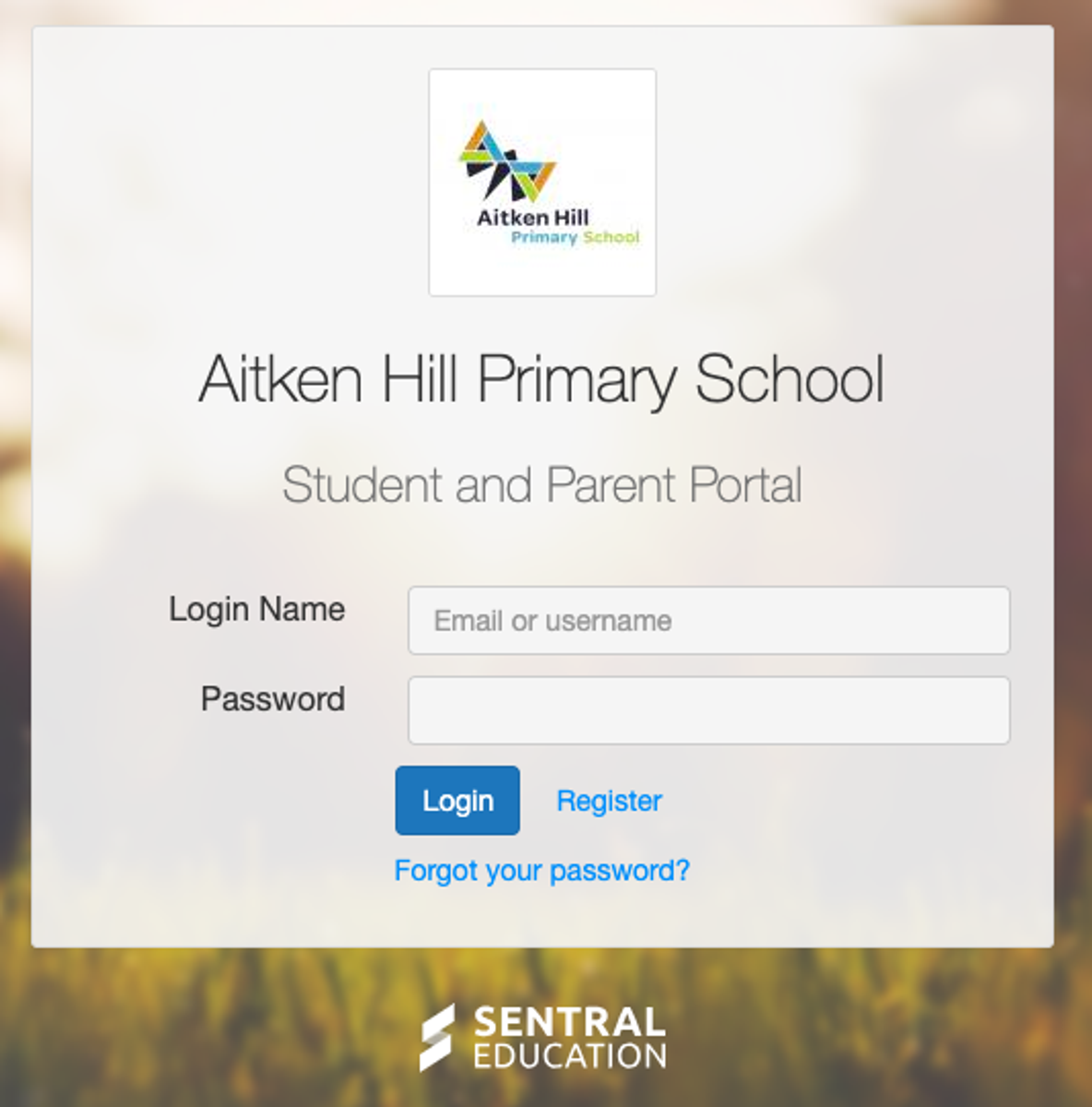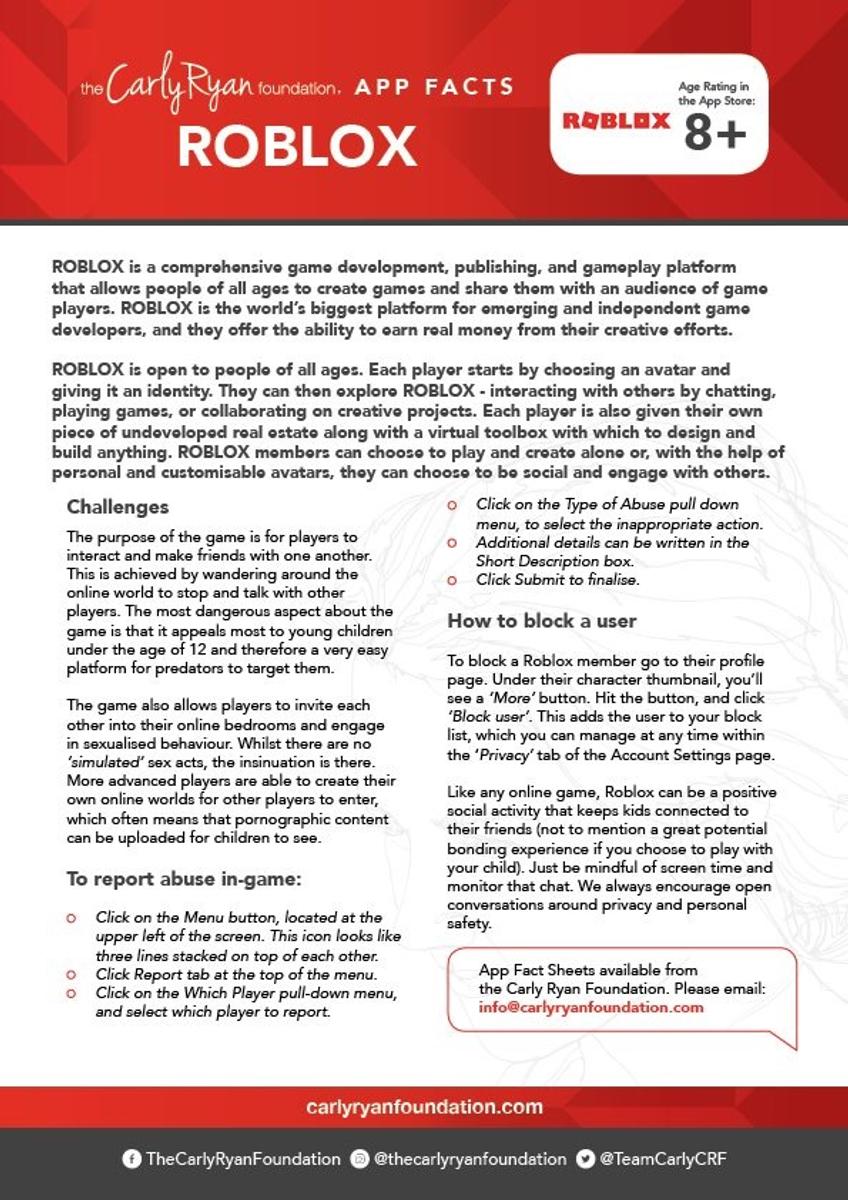Assistant Principal REPORT

Welcome to Term 3!
What a great start to the term! It's been such an exciting journey so far at Aitken Hill Primary School with us celebrating 100 days of school. I look forward to many more exciting milestones as we grow as a school community.
Sentral Parent Portal
The Parent Portal has been set up to provide you with information about our school and learning community events. Sentral is our main form of communication. Notices, reminders, Reports and interview bookings will be through Sentral.
Letters were sent home with the required information to register for this communication service.
Many families have successfully registered using an email address and created a password for access. If you have yet to register we highly recommend you take the steps as outlined in the original letter as
Many families have come to see us not being able to see any information on the Portal. To see any information from the school and to link to your enrolled children, you must enter the access key provided in the original letter. This is best completed on a Desktop computer NOT via the app on your phone.
If you have any questions/concerns, require a new letter or access to a desktop please come to reception either before or after school where we will be able to assist you with creating an account or/and linking your children.
MENTAL HEALTH AND WELLBEING
Emotional Intelligence
The skills of communicating well and getting along with others are very important, and can be improved with practice.
What is ‘emotional intelligence’?
The set of skills involved in communication and relating to others can be called Emotional
Intelligence (EQ). These skills include:
- Knowing your own emotions
- Recognising and being sensitive to other people’s emotions
- Knowing how to calm down when you are upset or angry
- Developing the skills of restraint—knowing when it is wise not to say or do something.
Developing emotional intelligence skills helps young people succeed. Study after study has found associations between high levels of EQ and success, for example:
- A major Asian bank found that EQ was a better predictor of workplace success of its employees than IQ.
- In a study of USA Air Force recruits, EQ was the best predictor of success.
- In a study of 286 organisations where job competencies of star performers at every level were analysed. The most powerful predictors were the EQ skills of awareness, self-regulation, self-motivation, empathy and social skills.
- Friendship skills also predict successful romantic relationships.
How parents can you help you children develop EQ
Identifying feelings
Parents are powerful teachers of EQ. You can help children to identify their own feelings by saying:
“You look a bit upset. Is that how you are feeling?” or “I wonder if you are feeling angry about that. What do you think?”.
Young children can point to a series of faces drawn to show a continuum from happy to sad. Families sometimes use a variant of the ‘fire danger’ sign replacing the terms with feelings such as ‘happy’, ‘irritated’, ‘annoyed’, ‘angry’, ‘ballistic’.
Calming down
Helping children to learn how to calm down when they are upset is also a critical EQ skill.
Parents can help children to do this by learning to rate their level of upset from 0 (nothing) to 10 (out of control) and to then start to talk (at a time when they are NOT angry) about ways to help them to calm down. This often differs for each child. Some need space and time alone whereas others if left alone become dangerous. Some need quiet time and others need to move and let off steam.
Reading other people’s emotions
The third skill parents can help children to learn is to tune into and read other people’s emotions.
This can involve playing guessing games with children such as:
“What do you think that person is feeling?”, ‘What sort of day do you think that person has had?”, or “What mood do you think that person is in?”
This can be good fun for children as it combines the ideas of guessing and spying with noticing the feelings of others. It is also helpful to have children learn how to read facial expressions so asking similar questions using photos of faces in magazines, newspapers and on television shows. As children become more skilled you can play the same sorts of games using only the eyes.
Being able to read the emotions conveyed by eyes gives young people a high level of skill in this area. The easiest way to do this is to take pictures of people’s faces from magazines and use other pieces of paper to mask everything but the eyes (so it looks a bit like Ned Kelly’s helmet) and ask children similar questions. Then show them a bit more of the face and ask again. It is amazing how quickly children get skilled at this.
Predicting other people’s actions
Predicting the next actions of people is also useful. Parents can help children develop this by pausing or freeze framing DVDs and asking children to try to guess what the characters will do next.






